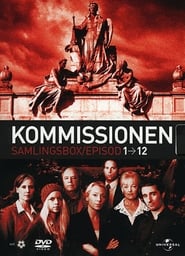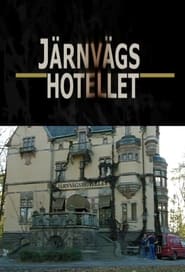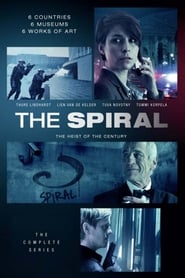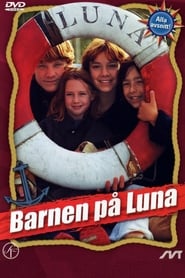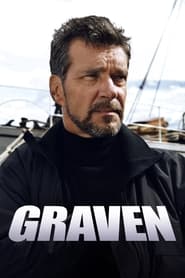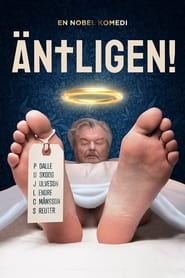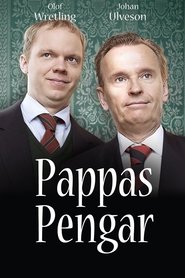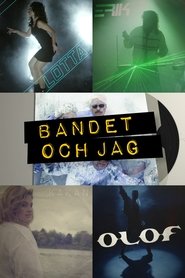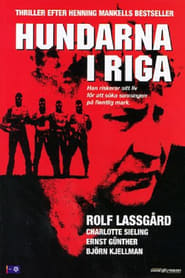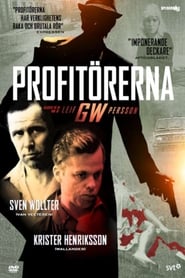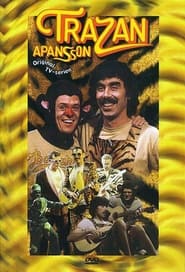Svt1 TV Series - Page 14
-
Edit 2018
2018
Edit 2018
2018
-
Kommissionen
2005
Kommissionen
2005
Kommissionen, is a 2005 Swedish TV series airing over 12 episodes. The series, set in and around Stockholm, deals with the effects and political aftermath of a terrorist attack that destroys Rosenbad, the Ministry for Foreign Affairs and much of the Riksdag building. Kommissionen was shot in 2004 and was scheduled for airing on SVT in the spring of 2005, but it was postponed until the autumn. When aired on television, it was simultaneously released on DVD and as a book. -
Järnvägshotellet
2003
Järnvägshotellet
2003
A skeleton is discovered in a wall when an old railroad hotel is being renovated. -
Good Morning Children
2005
star 8.7The intermediate school in the small community of Kroka is preparing for the annual Lucia, Queen of Light, celebration. Each year, the prettiest girl in the school is chosen to play Lucia, but this year they decide to break the tradition and instead vote off the candidates one by one. -
The Spiral
2012
star 6.2The charismatic leader of an artist collective based in Copenhagen plan an art heist. He intends to steal six of the worlds most famous paintings. -
Children of the Luna
2000
Children of the Luna
2000
Four children run away on a motorboat after their parents are killed in a plane crash. -
The Grave
2004
star 6.6Archaeologists dig up a mass grave in a Swedish forest. A special police group is set up to find out the murderers. -
Äntligen!
2022
star 6This year, it is Jacob Widman's turn to receive the Nobel Prize in Economics. There is only one problem, he is dead. His four closest friends decide to keep his death a secret so that he can leave this world as a Noble Prize laureate. -
The Murders
2009
star 7On a military base a corpse is found in an old shaft. This crime seems to have a connection with a still unsolved case 25 years ago. Swedish series consisting of six episodes, sequel to the critically acclaimed Graven. -
Pappas pengar
2012
Pappas pengar
2012
-
Anno 1790
2011
star 6.3A 200-year-old modern crime story showing life as it was in 18th century Stockholm where a controversial surgeon and police commissioner use unconventional means to solve murder cases during the Age of Enlightenment. The murder cases and the methods of solving them differ from those of our time. But the motives stay the same: revenge, greed, love, jealousy and politics. -
Bibliotekstjuven
2011
Bibliotekstjuven
2011
A librarian at the National Library in Stockholm gets access to extremely valuable and rare books. He steals and sell a large number of these to a book curator in Amsterdam. -
Sökarna
2017
Sökarna
2017
There has to be more. Leiv and Hoon want to live in caves. They want to eat Swedish Tex-Mex. They wish to travel across the snow faster than a machine. With their camper they are on a crucial trip. A humorous series about an intense longing for far away. A hybrid between documentary and fiction. -
Profitörerna
1983
Profitörerna
1983
Two crime detectives are handled a tricky case to investigate. A prostitute has been brutally murdered in her studio. The landlord runs a brothel. -
The Days the Flowers Bloom
2019
star 6The Days the Flowers Bloom follows the lifes of three friends on different decades. Erik, Mikael and Benny live their youth in 1970s Stockholm. Their families interact with each other, like neighbors tend to do, but behind the facades lies pain, sadness and shame. -
Trazan Apansson och Banarne
1999
star 5Trazan & Banarne was a Swedish children's television series which was broadcast first in late 1970s/early 1980s, 1st time was as "Jullovsmorgon" 1976/1977, in Sveriges Television. The title characters are played by Lasse Åberg and Klasse Möllberg. The title characters have recorded many songs together with the band Electric Banana Band. The TV series did also broadcast TV series as Lucky Luke. In early 2000s Trazan & Banarne released the CD-ROM game Speltajm. -
Charlotta × 8
2021
Charlotta × 8
2021

